In the article “Continuing to strongly innovate the Party’s leadership and governance methods, an urgent requirement of the new revolutionary stage”, General Secretary To Lam pointed out the shortcomings and limitations in current practice, stating clearly: The Party’s organizational model and political system still have shortcomings, making it difficult to distinguish the boundary between leadership and management, easily leading to excuses, replacing or loosening the Party’s leadership role.
To overcome this, the General Secretary requested to focus on streamlining the apparatus and organization of Party agencies, truly becoming the intellectual core, the vanguard of leading state agencies; building truly streamlined advisory agencies of Party committees; staff officers with political qualities, capacity, good professional qualifications, professional expertise, responsibility and proficiency in work; thereby ensuring that the Party's leadership tasks do not overlap with management tasks; distinguishing and clearly defining the specific tasks of leaders at all levels in different types of Party organizations; strongly innovating working styles and methods in a scientific and professional direction, with the motto "right role, right lesson".
Reality in localities and units in recent times shows that when appointed to leadership and management positions, some grassroots cadres only have a general understanding, do not clearly understand their responsibilities, tasks, and powers, which leads to not knowing everything and not being able to cover the work to direct, inspect, urge, or give orders that are not appropriate to their "role", "encroaching" on others. Some comrades, due to not clearly understanding the principles, regulations, working rules, professional and technical processes, are confused in directing and operating, work unsystematically, unscientifically, and even do not dare to do it for fear of responsibility.
There are also comrades who do not comply with working regulations, ignore the leadership role of the collective, are arbitrary, authoritarian, make decisions on their own or make excuses, and do things for others. Especially in localities implementing the unified model, the Party Secretary who is also the Chairman of the Commune People's Committee must undertake a large amount of work. If he is not "in the right role and knows his job", it is very easy to lead to directing and operating work against regulations, wrong procedures, overlapping, missing work, delaying work... causing the whole apparatus to be confused and ineffective in handling work.
Even with power concentrated in their hands, if the leader has a personal ideology and self-interest in work, it is easy to fall into dictatorship and authoritarianism. These are practical manifestations of leaders and managers not being "in the right role and not knowing their lesson". That not only affects personal reputation but also reduces leadership capacity and work efficiency.
To overcome the above situation, in recent times, many localities across the country have increased the opening of training courses for cadres according to the standards of positions and titles of leaders and managers; standards of positions and titles of cadres and civil servants at the commune level and training according to the requirements of job positions. Party committees and authorities have also increased dissemination and dissemination, while urging cadres and party members to self-study and research the Party's directives, resolutions, regulations and rules and the State's legal regulations. This is an urgent and regular task that needs to continue to be promoted in the coming time to enhance the Party's leadership role in all fields, thoroughly overcoming the situation of "mistaking roles", "encroaching", making excuses and doing things on behalf of others.
Along with that, Party committees and authorities at all levels should strengthen decentralization, delegation, and authorization, promote initiative, creativity, and individualize responsibilities at each level, each sector, and each leadership position; clarify issues related to decentralization, delegation, and authorization. This is the basis for each cadre to clearly understand their responsibilities, tasks, rights, and obligations and effectively implement the motto "right role, right lesson".
It can be seen that “playing the right role, knowing the lesson” is a scientific and professional requirement. Each cadre who performs well his/her duties and responsibilities contributes to helping the organization and union carry out its tasks effectively and flexibly. Therefore, each person needs to raise awareness of self-study, practice, improve work capacity, professional qualifications, professional skills, constantly innovate working style and manner in a scientific and professional direction to ensure the best performance of his/her duties and responsibilities, contributing to improving the leadership capacity of the Party organization and the operation of the agency and unit.
DONG ANH
Building a culture of practicing thrift in state-owned enterprises
General Secretary To Lam's article on "Fighting Waste" not only clarifies the common forms and serious consequences of waste but also offers many solutions to prevent this dangerous "disease". One of the solutions that Party committees, agencies, cadres and party members of the Central Enterprise Party Committee thoroughly grasp and implement is to focus on building a culture of thrift, awareness of thrift; scientific working mindset, effective time management, forming social ethical responsibility associated with strict implementation of discipline.
Seriously implementing the Party's policies on practicing thrift and combating waste, the Party Committee of the Central Enterprises Bloc directed Party organizations and agencies in the Bloc to develop an Action Program to implement Directive No. 27-CT/TW dated December 25, 2023 of the Politburo on strengthening the Party's leadership in practicing thrift and combating waste. Many Party committees and enterprises have quickly realized the Action Program to implement the directive, such as the Vietnam Oil and Gas Group (Petrovietnam) with solutions to accelerate enterprise restructuring; focusing on thoroughly handling the situation of scattered and ineffective investment, through divestment and ensuring capital concentration for key production and business areas. Applying enterprise resource management and digital management solutions to change business models, optimize costs; speed up the progress of investment projects to soon come into operation and operate as planned. The Group requires periodic review of the investment portfolio; Timely handling of ineffective investments causing capital stagnation.
Units in the Group regularly review, analyze, evaluate and promptly supplement and amend economic-technical norms on consumption of raw materials, fuels, materials; labor norms, wages, use of machinery and equipment as a basis for controlling, evaluating, determining and quantifying anti-waste indicators in accordance with practical requirements. The movement to promote initiatives in applying technology and improving techniques in investment, construction, production and business has contributed to minimizing waste due to errors in the production process. Units thoroughly save energy, materials and input costs. Many new technology applications are introduced into management, administration and production and business activities to improve the quality and competitiveness of goods and services.
Many units have strictly and effectively implemented measures to prevent loss and waste, especially in management expenses, and minimized advertising and marketing costs. In the first nine months of 2024, Petrovietnam saved VND 2,117 billion, reaching 94% of the 2024 reduction plan. Of which, savings from raw materials, fuel, materials, management, sales, and financial costs... reached VND 1,782 billion, equal to 96% of the annual plan; savings from investment management, optimizing operations, and purchasing equipment reached VND 334.8 billion, equal to 83% of the annual plan.
The solutions to implement thrift of corporations, general companies, and state-owned commercial banks have contributed to improving production and business efficiency in the entire Bloc, increasing income for workers. However, besides the achieved results, there are still some Party committees and units in the Bloc that have not paid due attention to the leadership of practicing thrift and fighting waste; the culture of practicing thrift has not been promoted, leading to unfortunate consequences, as General Secretary To Lam emphasized: Waste of public assets due to ineffective management and use, including disbursement of public investment capital; equitization, divestment of state-owned enterprises; rearrangement and handling of state-owned houses and land, projects using a lot of land and water resources; implementation of national programs and targets, credit packages to support social security development is still slow...
State-owned enterprises play an important role in the socio-economic development of the country. From the Resolution of the 6th Central Conference of the 12th tenure to the Documents of the 13th Congress, it continues to emphasize that the state economy is an important tool and material force for the State to maintain macroeconomic stability, orient, regulate, lead and promote socio-economic development, and overcome the limitations of the market mechanism.
Fully aware of their great responsibility, Party committees, agencies, units, cadres and party members of the Central Business Bloc Party Committee are continuing to thoroughly grasp and implement the direction of General Secretary To Lam on the practice of thrift and anti-waste, focusing on building a culture of thrift and awareness of thrift; making the practice of thrift and anti-waste become "self-conscious", "voluntary", "daily food, drink, clothing" of each cadre, party member and worker. Many Party committees and agencies have launched movements to practice thrift with specific actions such as: Limiting the use of unnecessary electrical equipment during peak hours; turning off unnecessary electrical equipment when leaving the room or increasing the application of information technology, digital transformation to reduce meetings, printing documents and papers at corporations, general companies, etc.
Building a culture of practicing thrift and fighting waste in general, in state-owned enterprises is identified as the foundation for implementing tasks and requirements on equitization, divestment, effectively handling weak projects, avoiding waste of social resources, etc. This is the basis and premise for restructuring industries, reorganizing state-owned enterprise apparatus towards transforming the model to in-depth development, improving efficiency and competitiveness, contributing to the rapid and sustainable development of the country's economy.
NGUYEN DUC HUY
Source: https://nhandan.vn/dung-vai-thuoc-bai-de-khong-bao-bien-lam-thay-hoac-buong-long-su-lanh-dao-cua-dang-post845190.html



![[Photo] General Secretary To Lam receives Sri Lankan President Anura Kumara Dissanayaka](https://vphoto.vietnam.vn/thumb/1200x675/vietnam/resource/IMAGE/2025/5/4/75feee4ea0c14825819a8b7ad25518d8)
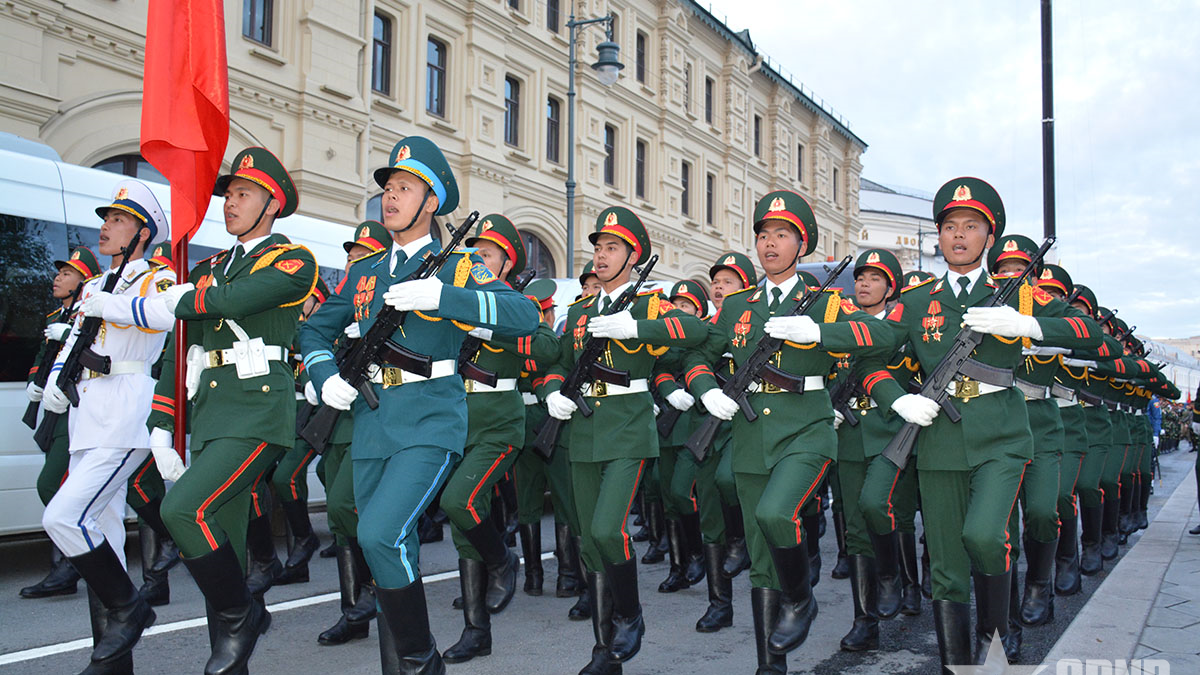
![[Photo] Vietnam shines at Paris International Fair 2025 with cultural and culinary colors](https://vphoto.vietnam.vn/thumb/1200x675/vietnam/resource/IMAGE/2025/5/4/74b16c2a197a42eb97597414009d4eb8)


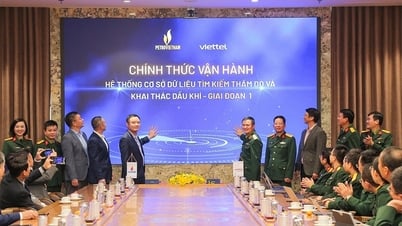

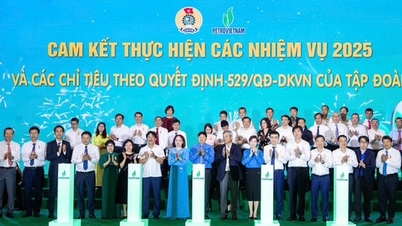


















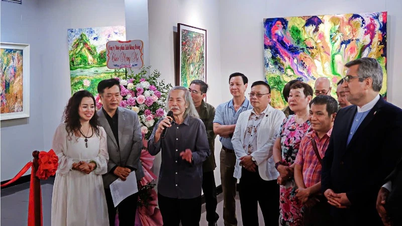
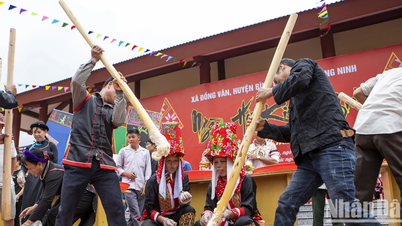

![[Photo] General Secretary To Lam receives Sri Lankan President Anura Kumara Dissanayaka](https://vphoto.vietnam.vn/thumb/402x226/vietnam/resource/IMAGE/2025/5/4/75feee4ea0c14825819a8b7ad25518d8)
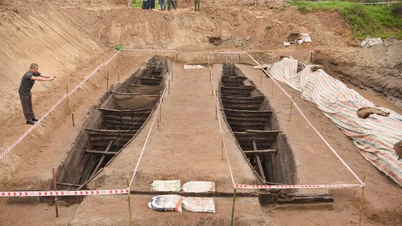
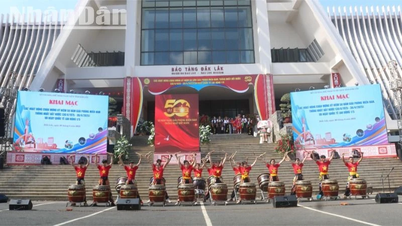








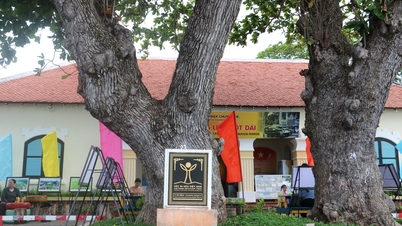






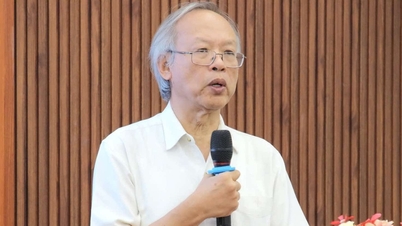

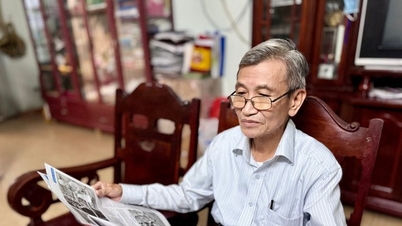
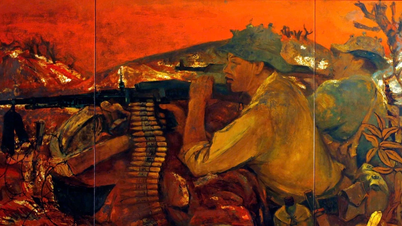




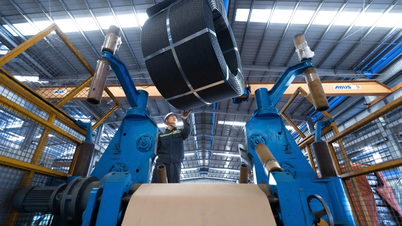

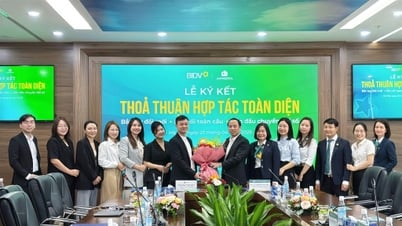
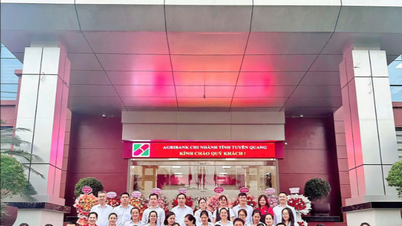


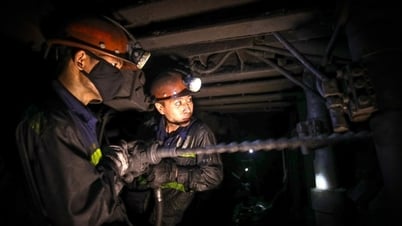



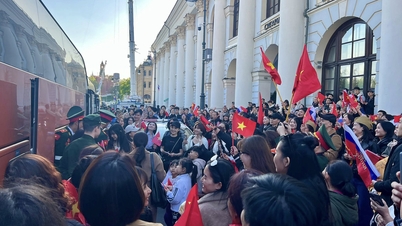


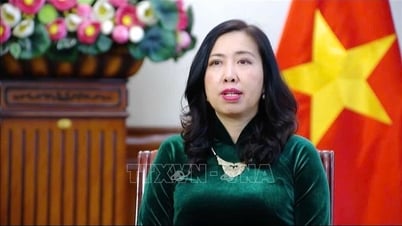




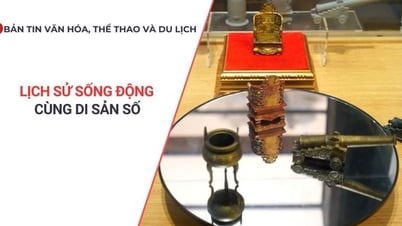










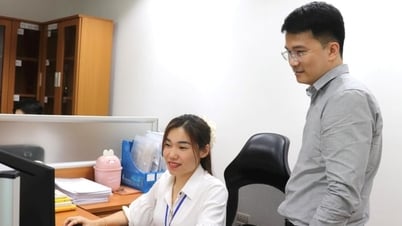



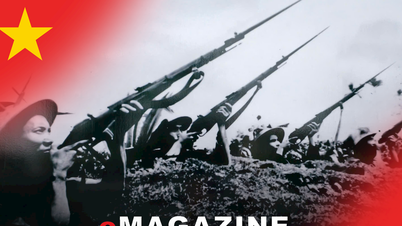






![[Video]. Building OCOP products based on local strengths](https://vphoto.vietnam.vn/thumb/402x226/vietnam/resource/IMAGE/2025/5/3/61677e8b3a364110b271e7b15ed91b3f)




Comment (0)